The sweet smell of silage is in the air and it’s high time to muster the stores and confine them to the shed. The fields have become very wet but hey, it’s late November and we’ve certainly had our share of good weather for this year.
With that said, the aphicide/herbicide mix on the winter crops has not been completed, but if I get the Deter-dressed winter barley sprayed, I’ll be happy.
Most of the wheat has been sprayed (IPU/Stomp/DFF) and, besides, there are more herbicide options for winter wheat in the spring than there are for winter barley.
It’s still too warm for the Kerb herbicide to go on the oilseed rape – it’ll be sprayed some frosty morning, as always. With that done, the field gates will be closed until the first touches of spring in late February.
The triazole fungicides are currently being scrutinised by Brussels. Some of these may be categorised as endocrine disruptor chemicals (EDCs), which may have an adverse effect on human health. But the azole group of chemicals are not only used for crop protection; they are also widely used in human healthcare.
Furthermore, EDCs are found in many other plastic, industrial and household products. Every time you wash your hair, you are more than likely exposing your body to these chemicals and probably a whole lot worse.
Science is divided as to whether human exposure to the EDCs in the environment is at such low rates to be of little or no consequence. But there is a dangerously green element in Brussels who want to ban every agricultural pesticide that carries any degree of perceived risk. And these people are getting their way.
The neonicotinoid seed dressing ban on oilseed rape is one such example. Consequently, flea beetles flittered our emerging rape crops this autumn. Methiocarb slug pellets are another example, and the banned substance list is being lengthened weekly.
If the older triazole fungides are ultimately banned, it will have severe consequences for cereal and oilseed rape production in western Europe. Disease control will become more difficult and resistance will increase.
If the newer triazole, prothioconazole, was to be banned, it would jeopardize wheat production in these islands. Without key chemicals like these, Europe will have much bigger problems on its hands. Grain yields will collapse and basic food needs will become more expensive. And, ironically, the human health risk from grain mytoxins could increase due to poor disease control in the growing crop.
Philae’s end
And finally, spare a thought for the Philae spacecraft and its handlers. It travelled for 6.4bn km and took 10 years to get to comet 67P, which is about the size of an Irish parish. Then it failed to anchor and bounced around for a while. Finally, it ended up in the dark shadow of a wretched cliff where the sun doesn’t shine. You couldn’t do it if you wanted to.
Without solar power, the batteries eventually go flat and the chances of getting a jump-start up there are pretty remote. That’s probably all we’ll hear from Philae. It’s an inglorious and undignified end for so much amazing technology.
There are two simple lessons in this for us as farmers. Firstly, we aren’t the only ones who invest a lot of time and money and often for a poor reward. Secondly, you can have all the most sophisticated machine technology in the world but it’s usually the simple things, like a flat battery, that bring you to a halt.



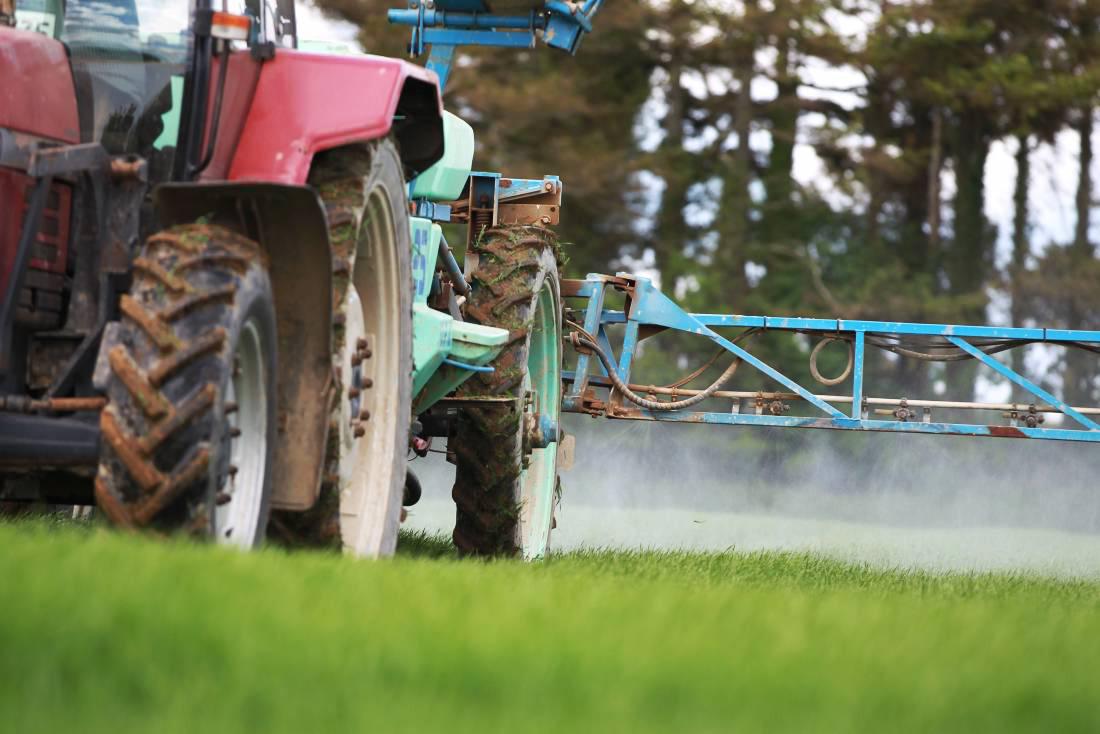

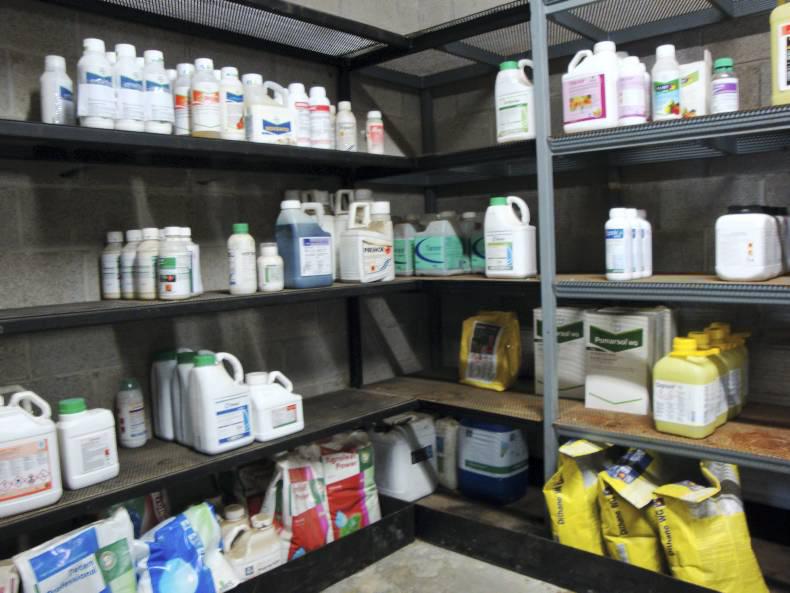

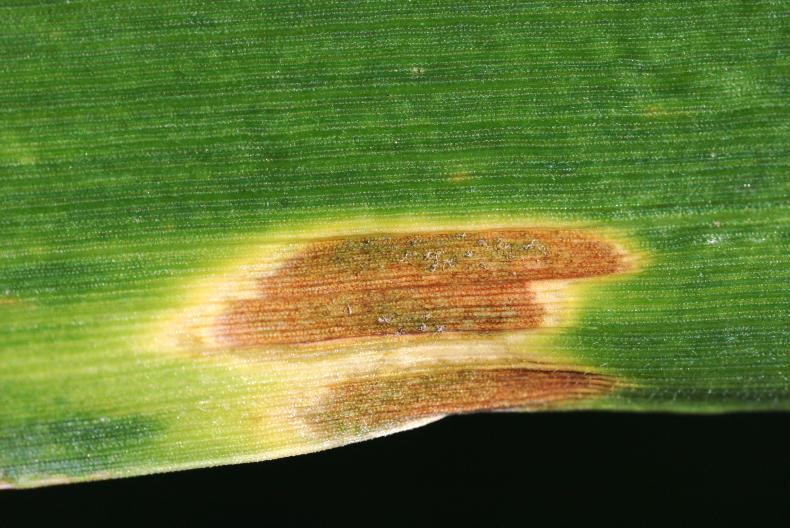
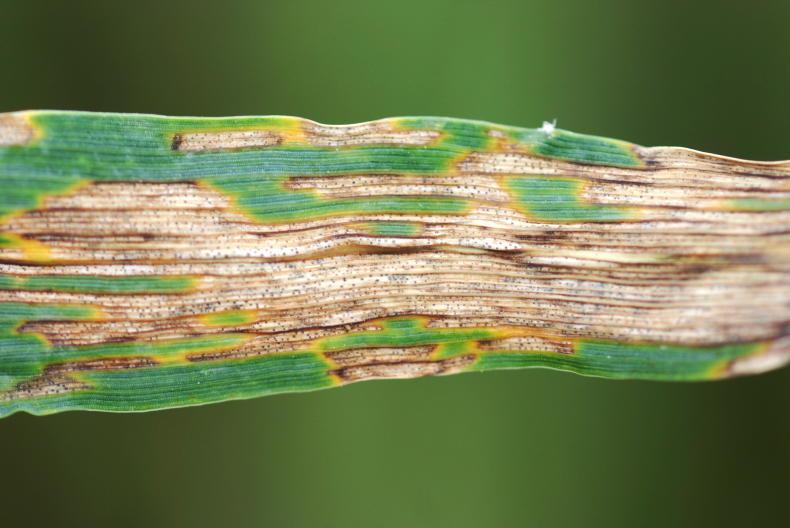
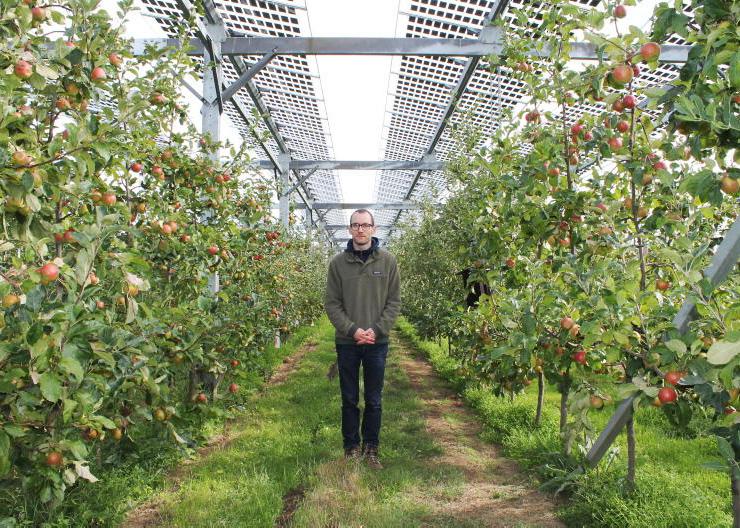
SHARING OPTIONS